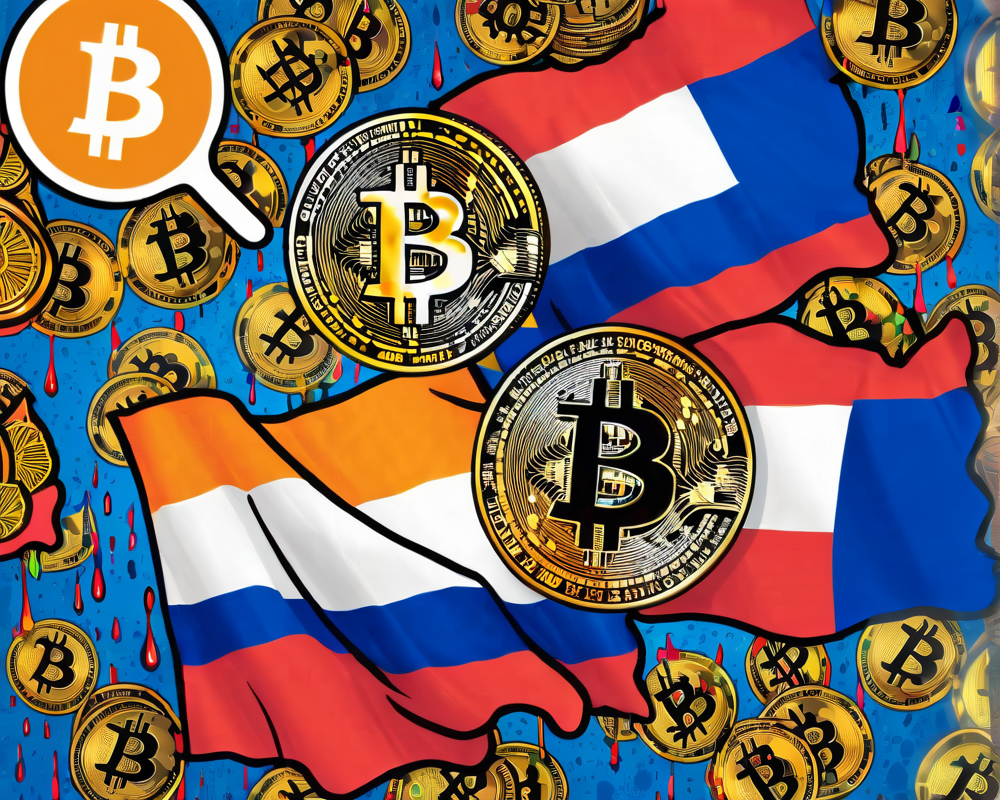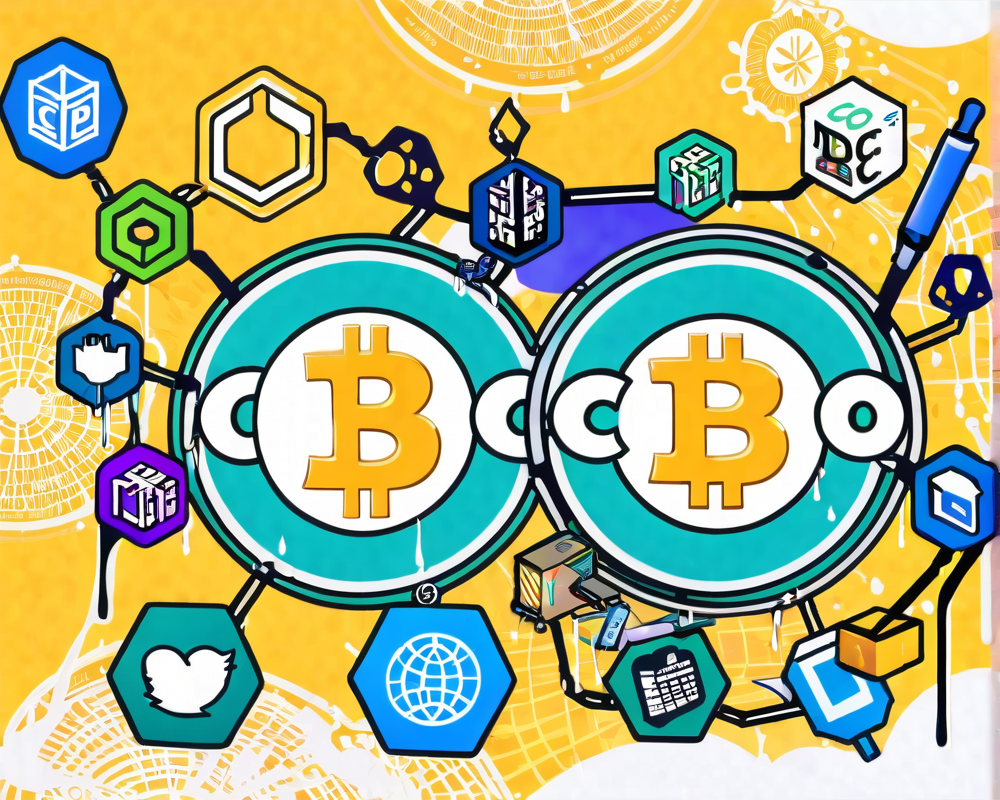The Digital Asset Dilemma
As Russia gears up to tackle the murky world of digital assets, the phrase “you can’t confiscate the non-confiscatable” seems to ring truer than ever. With plans in the pipeline to draft legal statutes for the confiscation of Bitcoin and other cryptocurrencies, the Russian government’s desire to control the chaos raises countless eyebrows. Local financial news outlet RBC reports that various state organs are coming together to tackle this daunting task, aiming for laws to hit the books as soon as 2021.
Why Confiscate? The Crime Perspective
Nikita Kulikov, a key figure in the Russian parliament, highlighted concerns that have led to this initiative: a surge in crimes involving virtual assets and an alarming lack of consumer protection. It’s like trying to hunt a unicorn while blindfolded – the criminal landscape in the digital sphere is complex and, frankly, pretty wild. “The constant growth trend in crimes using virtual assets, and the lack of consumer protection… dictate the need for legal regulation and control,” he summarized. But is confiscation the answer, or merely a band-aid on a gaping wound?
Unpacking the Confiscation Conundrum
So, how exactly does Russia plan to tackle the confiscation of Bitcoin and other cryptocurrencies? It’s a bit like trying to herd cats – a mystery wrapped in an enigma. While deals with exchanges may allow the government to access funds held there, the real question remains: how does one confiscate coins stored in private wallets? You know, the kind where you hold the keys? This sounds suspiciously like a bad magic trick!
The Government Wallet Initiative
One of the more intriguing solutions being floated is the establishment of a government cryptocurrency wallet for facilitating transactions. Imagine a digital piggy bank for the state, where funds can be seamlessly transferred. But the real kicker is the legal recognition needed for the government to swipe Bitcoin during judicial proceedings. It’s like needing an invitation to a party where you were hoping to crash!
Confusion in the Cryptosphere
Despite the hustle and bustle around these regulatory efforts, the Russian authorities might be suggesting a hammer for a screw when it comes to money that was designed to be decentralized. Just look at how other countries have struggled to get a grip on Bitcoin. India recently proposed a ban on cryptocurrencies but found itself wrestling with numerous conundrums surrounding enforcement. It’s akin to squaring the circle!
The Decentralized Reality
These efforts highlight a profound misunderstanding of how cryptocurrencies function. The decentralized nature of BTC means that, much like trying to catch smoke with your bare hands, authorities are likely to struggle with practical methods of confiscation. It’s a bit sobering to realize that controlling digital currencies might be less about regulations and more akin to chasing shadows.
Cryptocurrency and the Kremlin’s Vision
Despite the wacky attempt to seize control of digital assets, Russia displays a curious duality in its approach to cryptocurrencies. In a surprising twist, aides to President Vladimir Putin have expressed desires to control a whopping 20% of Bitcoin mining from a new facility in the northwestern part of the nation. On one hand, they want to control; on the other, they want to harness the economic potential. It’s like being both the cat and the mouse in a perpetual game of chase!
What Lies Ahead?
With these developments, the landscape of cryptocurrency regulation in Russia is set to evolve rapidly. Whether they can manage to decode the ins and outs of decentralized finance remains to be seen. For now, all we can do is sit back, grab some popcorn, and see what unfolds in this bizarre, yet captivating, saga of cryptocurrency governance.




